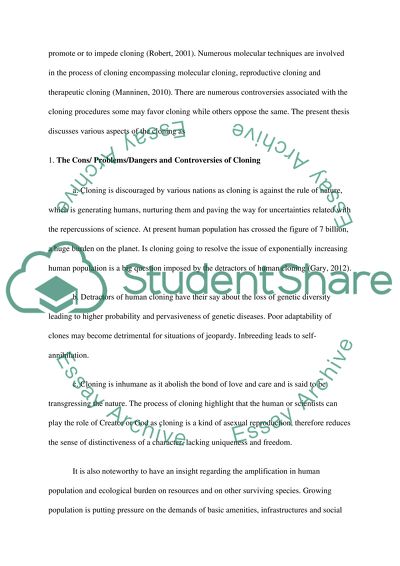Cite this document
(“Human Cloning Essay Example | Topics and Well Written Essays - 1750 words”, n.d.)
Retrieved from https://studentshare.org/english/1445739-human-cloning
Retrieved from https://studentshare.org/english/1445739-human-cloning
(Human Cloning Essay Example | Topics and Well Written Essays - 1750 Words)
https://studentshare.org/english/1445739-human-cloning.
https://studentshare.org/english/1445739-human-cloning.
“Human Cloning Essay Example | Topics and Well Written Essays - 1750 Words”, n.d. https://studentshare.org/english/1445739-human-cloning.


